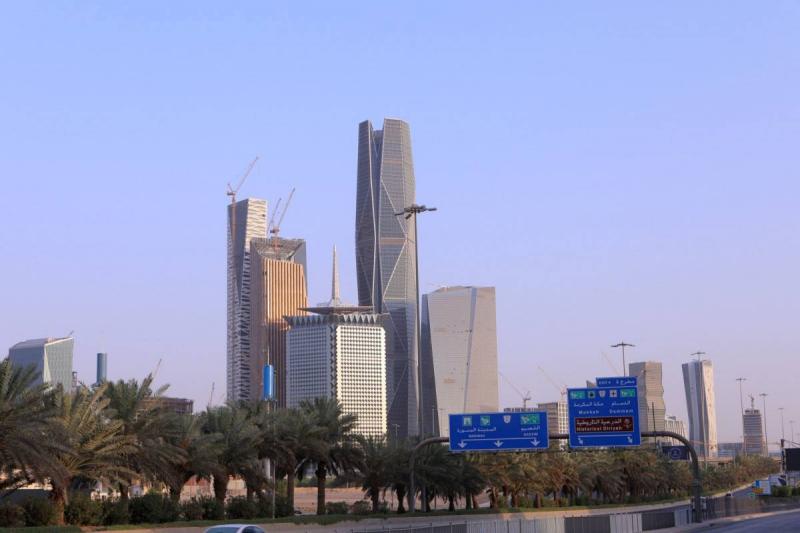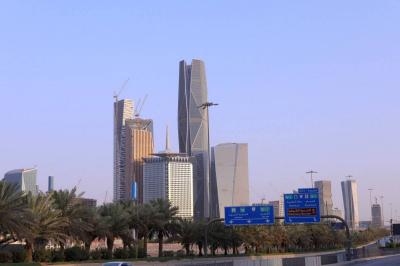Saudi officials have entered negotiations with 7,000 companies worldwide to establish regional headquarters in the kingdom, offering tax exemptions and various incentives to transform their capital into a global business hub that competes with Dubai.
On Wednesday, 44 global companies received licenses for their regional offices to operate in Saudi Arabia as part of a program to attract the regional headquarters of global companies, overseen by the Ministry of Investment and the Royal Commission for Riyadh City. The licenses were handed to representatives of these companies during a special dialogue session on the program, attended by Investment Minister Khalid Al-Falih and the CEO of the Royal Commission for Riyadh City, Fahd bin Abdul Mohsen Al-Rasheed, on the second day of the fifth edition of the Future Investment Initiative conference.
The list of companies includes PepsiCo, PricewaterhouseCoopers, KPMG, Deloitte, Unilever, Samsung, Siemens, Dimension Data, Tim Hortons, Halliburton, Philips, Novartis, Johnson Controls, and Schlumberger. Fahd Al-Rasheed stated in an interview, "The region simply has untapped potential, and the biggest untapped potential is the kingdom and the city of Riyadh," emphasizing, "We will ensure that we take our share, which will be the lion's share of business in the region."
### Targeting Major Companies
Al-Rasheed mentioned that officials are engaging with major companies with annual revenues of $1 billion or more, aiming to convince 480 of them to set up in Saudi Arabia by 2030. About half of the companies that received permits this week had already signed agreements in January to relocate their regional headquarters to Riyadh, while the rest are new.
Saudi Crown Prince Mohammed bin Salman aims to transform the capital into an international center for business and talent; a push that poses an increasing challenge to neighboring United Arab Emirates, where Dubai has long been the primary regional base for global companies. The competition is intensifying as the prince reforms the oil-dependent economy and relaxes social restrictions in the conservative kingdom, making Saudi Arabia—a much larger market—more appealing for business.
Starting from the beginning of 2024, the government and state-backed institutions will stop signing contracts with foreign companies that establish their headquarters elsewhere in the Middle East. However, Al-Rasheed downplayed the idea of competition, noting that many of the companies they are looking to attract do not currently have any base in the region. He remarked, "It's not about Dubai... it's about what we need here, and I’m sorry, if you’re going to make billion-dollar deals in Saudi Arabia, you need to train our employees."
One of the incentives they are offering includes a plan to convert the King Abdullah Financial Center in Riyadh into a special area with offshore status and tailored incentives for various sectors, pending approval from higher authorities. Al-Rasheed confirmed that other incentives include facilitating visa and sponsorship processes for foreigners and their families. He explained that spouses of foreign employees will be able to obtain work permits, and their adult children will be able to remain in the kingdom, unlike the policies in some other Gulf countries. He also pointed out that restrictive rules requiring foreign employees in Saudi Arabia to obtain "exit visas" to leave the country, even on vacation, will be "liberalized."
Officials are currently working to increase pressure on companies to replace foreigners with Saudis in an effort to address high local unemployment. Foreigners comprise about one-third of the population and the overwhelming majority of the private sector workforce. However, Al-Rasheed mentioned that the growth they are targeting, while attempting to double the population of Riyadh, will make this tension irrelevant within a few years.




